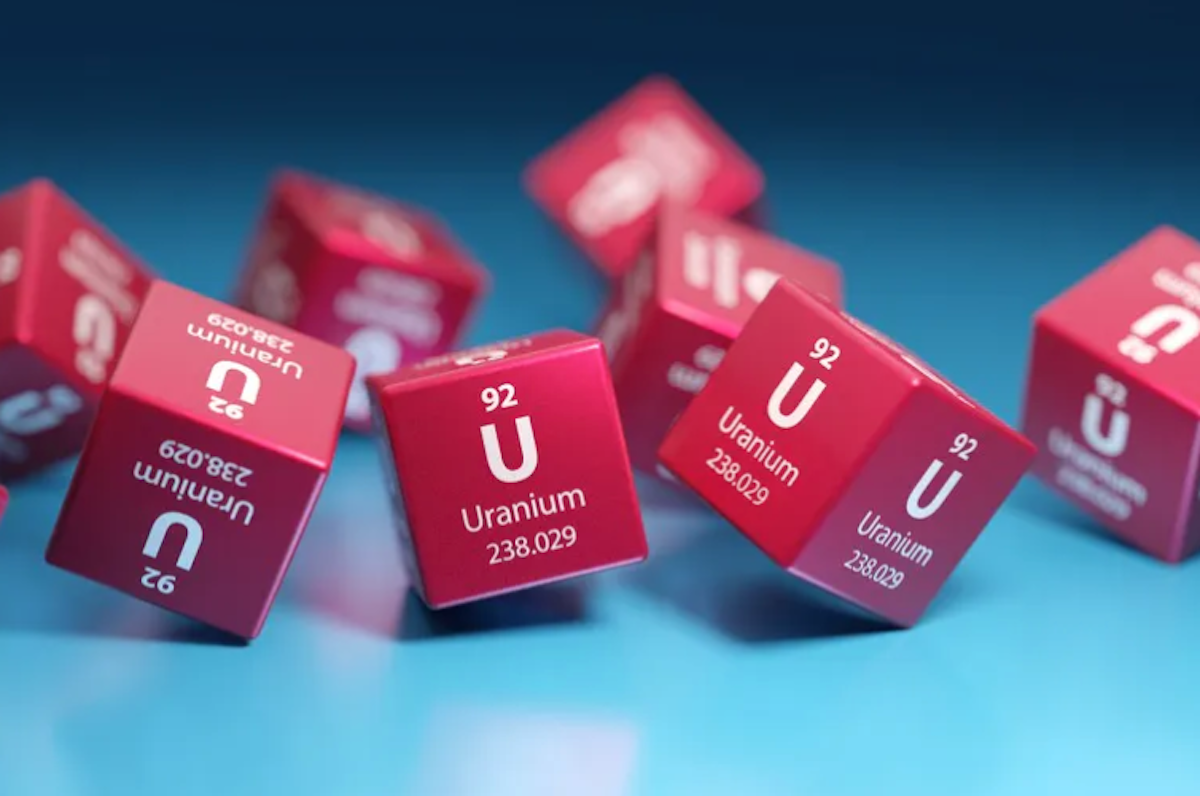#Rome #NuclearEnergy #SmallReactors #CarbonEmissions #SustainableInvestment #EnergyPolicy #GreenTechnology #ClimateAction
In an ambitious move to lower its carbon footprint and meet climate change objectives, Rome has announced plans to facilitate investments in small modular reactors (SMRs). This strategy marks a significant pivot in the country’s energy policy, positioning nuclear technology as a pivotal component in its sustainable energy mix. By fostering the development and deployment of these compact, more manageable nuclear reactors, Italy aligns with a growing global trend that sees nuclear energy as a viable solution to reducing greenhouse gas emissions and securing an energy supply that is both reliable and less dependent on fossil fuels.
Small modular reactors offer several advantages over traditional nuclear power plants, including lower upfront capital costs, enhanced safety features, and the flexibility to be deployed in locations not suitable for larger facilities. Moreover, their modular nature allows for scalability, enabling energy production to be adjusted based on demand. This move reflects a broader recognition of the role nuclear power can play in achieving decarbonization targets, amidst the increasing urgency to transition away from carbon-intensive energy sources. The Italian government’s initiative is expected to attract significant domestic and international investment, fostering innovation in the nuclear sector and potentially creating a new frontier in the country’s energy landscape.
The decision comes at a critical time when energy security and sustainability are at the forefront of global policy agendas. By integrating small reactors into its national energy strategy, Italy not only aims to decrease its carbon emissions but also to enhance its energy independence. This strategic direction also suggests a shift in the perception of nuclear energy, from a source of concern to an essential element of the solution to climate change. It highlights the balancing act countries must perform between ensuring environmental sustainability and meeting their energy needs. As Rome charts this new course, it joins a contingent of nations reevalating nuclear technology’s role in a cleaner, more sustainable future, igniting a potentially transformative trend in global energy policy.






Comments are closed.